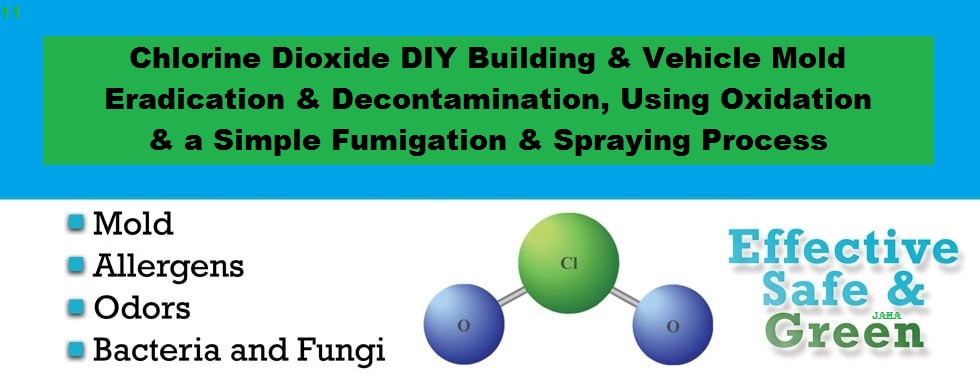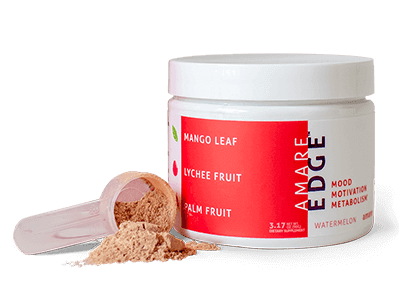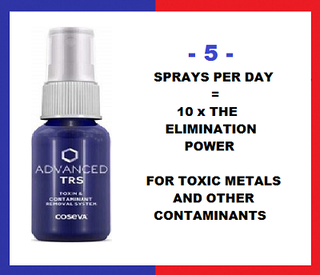Chemotherapy Compatibility Test
(Assay)
We know that no matter how much research is done in natural healing therapies, no matter how much info shows the detriments of chemotherapy on the body, there will be those who prefer to follow their oncologist's advise. Everyone must decide what is right for them at the time when they decide to begin treatment.
However, even though we advocate for natural therapies, we know that some patients are giving consent even though they are uninformed. Some doctors don't entertain questions, they operate in an authoritative manner with the patient just agreeing to whatever they propose. Being forced into making life altering decisions while you are in shock does not allow for clear thinking.
We want to provide valuable info for those who decide to use conventional means for their treatments. Unfortunately, because your doctor may see you as a dead person walking, they may neglect to perform a simple test, called an Assay, to help determine how much benefit you will receive from a specific chemo medication. Yes, some oncologists know you will not survive, based on the type of cancer, where it's located and the advanced stage of the cancer...if you use ONLY chemo.
Yet, they will sell you the most expensive chemo product, without testing to find out if it will be a more terrible detriment to you. The choice of chemotherapy should be based on the research on the drugs being considered, and your personal health and treatment preferences. Yes, YOU do have choices...even though your doctor may make it seem as if you don't.
Yes, the tumors are part of your body now, so whatever your doctor uses to treat them, affects your body in a systemic way. Learn what questions to ask before consenting to be a guinea pig for your doctor. Chances are, he will just be performing another unauthorized clinical trial with, your uninformed consent.
Tests to Help Choose Chemotherapy- How Compatible is the Chemo
Your Doctor Chose, with the Type of Cancer in Your Body?
To help doctors give their patients the best possible care, the American Society of Clinical Oncology (ASCO) developed evidence-based recommendations on the usefulness of laboratory tests (called assays) to find out if a cancer might be resistant or sensitive to a specific chemotherapy treatment before it is offered to a patient. In 2011, this guideline was reviewed due to new research; this research continued to support the 2004 recommendations. This guide for patients is based on ASCO's most recent recommendations.
Key Messages
Background
Chemotherapy is the use of drugs to kill cancer cells, usually by stopping the cancer cells' ability to grow and divide. Chemotherapy sensitivity and resistance assays are tests done in a laboratory on the cells from part of the tumor removed during surgery or biopsy. These tests have been looked at in research studies as a way to predict whether chemotherapy will help treat the tumor or if the tumor is resistant to chemotherapy, meaning that the chemotherapy will not help treat the tumor.
Recommendations
Very few research studies suggest that tests to help choose chemotherapy improve treatment. In addition, there are no tests available for many types of cancer. Therefore, ASCO recommends the following for using chemotherapy sensitivity and resistance assays:
What This Means for Patients
The type of chemotherapy your doctor recommends for you depends on several factors, including how well that chemotherapy has been shown to work for the type of cancer you have and your overall health. It's important to talk with your doctor about all treatment recommendations and why specific treatments are being recommended.
Questions to Ask the Doctor
Read More About Knowing What to Ask About Chemotherapy Here:
However, even though we advocate for natural therapies, we know that some patients are giving consent even though they are uninformed. Some doctors don't entertain questions, they operate in an authoritative manner with the patient just agreeing to whatever they propose. Being forced into making life altering decisions while you are in shock does not allow for clear thinking.
We want to provide valuable info for those who decide to use conventional means for their treatments. Unfortunately, because your doctor may see you as a dead person walking, they may neglect to perform a simple test, called an Assay, to help determine how much benefit you will receive from a specific chemo medication. Yes, some oncologists know you will not survive, based on the type of cancer, where it's located and the advanced stage of the cancer...if you use ONLY chemo.
Yet, they will sell you the most expensive chemo product, without testing to find out if it will be a more terrible detriment to you. The choice of chemotherapy should be based on the research on the drugs being considered, and your personal health and treatment preferences. Yes, YOU do have choices...even though your doctor may make it seem as if you don't.
Yes, the tumors are part of your body now, so whatever your doctor uses to treat them, affects your body in a systemic way. Learn what questions to ask before consenting to be a guinea pig for your doctor. Chances are, he will just be performing another unauthorized clinical trial with, your uninformed consent.
Tests to Help Choose Chemotherapy- How Compatible is the Chemo
Your Doctor Chose, with the Type of Cancer in Your Body?
To help doctors give their patients the best possible care, the American Society of Clinical Oncology (ASCO) developed evidence-based recommendations on the usefulness of laboratory tests (called assays) to find out if a cancer might be resistant or sensitive to a specific chemotherapy treatment before it is offered to a patient. In 2011, this guideline was reviewed due to new research; this research continued to support the 2004 recommendations. This guide for patients is based on ASCO's most recent recommendations.
Key Messages
- Chemotherapy sensitivity and resistance assays are laboratory tests that have been studied to help predict how well chemotherapy may work.
- However, these tests should not be used to determine treatment options for an individual patient.
- Instead, the choice of chemotherapy should be based on the research on the drugs being considered and the patient's health and treatment preferences.
Background
Chemotherapy is the use of drugs to kill cancer cells, usually by stopping the cancer cells' ability to grow and divide. Chemotherapy sensitivity and resistance assays are tests done in a laboratory on the cells from part of the tumor removed during surgery or biopsy. These tests have been looked at in research studies as a way to predict whether chemotherapy will help treat the tumor or if the tumor is resistant to chemotherapy, meaning that the chemotherapy will not help treat the tumor.
Recommendations
Very few research studies suggest that tests to help choose chemotherapy improve treatment. In addition, there are no tests available for many types of cancer. Therefore, ASCO recommends the following for using chemotherapy sensitivity and resistance assays:
- Chemotherapy sensitivity and resistance assays should not be used to select chemotherapy for patients who are not participating in a clinical trial.
- Chemotherapy should be recommended based on research on the specific drug(s) and a patient's health and treatment preferences.
What This Means for Patients
The type of chemotherapy your doctor recommends for you depends on several factors, including how well that chemotherapy has been shown to work for the type of cancer you have and your overall health. It's important to talk with your doctor about all treatment recommendations and why specific treatments are being recommended.
Questions to Ask the Doctor
- What type of cancer do I have? What is the stage?
- What are my treatment options?
- Do you recommend chemotherapy?
- What type of chemotherapy do you recommend?
- How do you determine the type of chemotherapy that is best for me?
- What clinical trials are open to me?
Read More About Knowing What to Ask About Chemotherapy Here:










